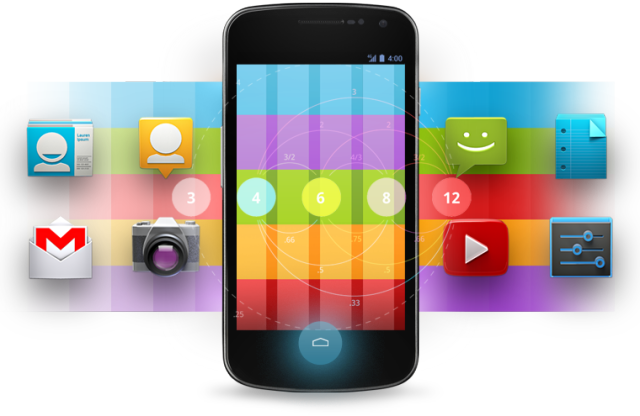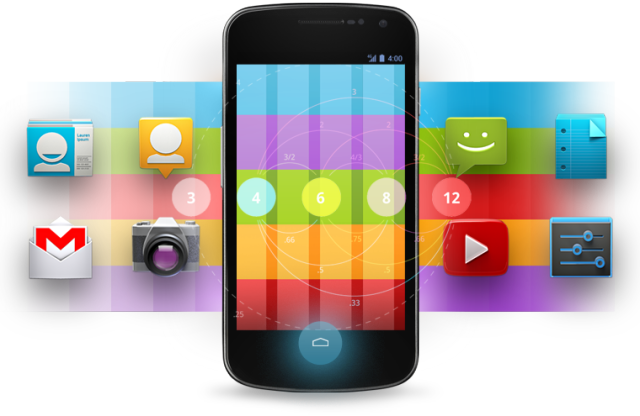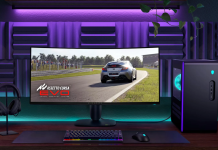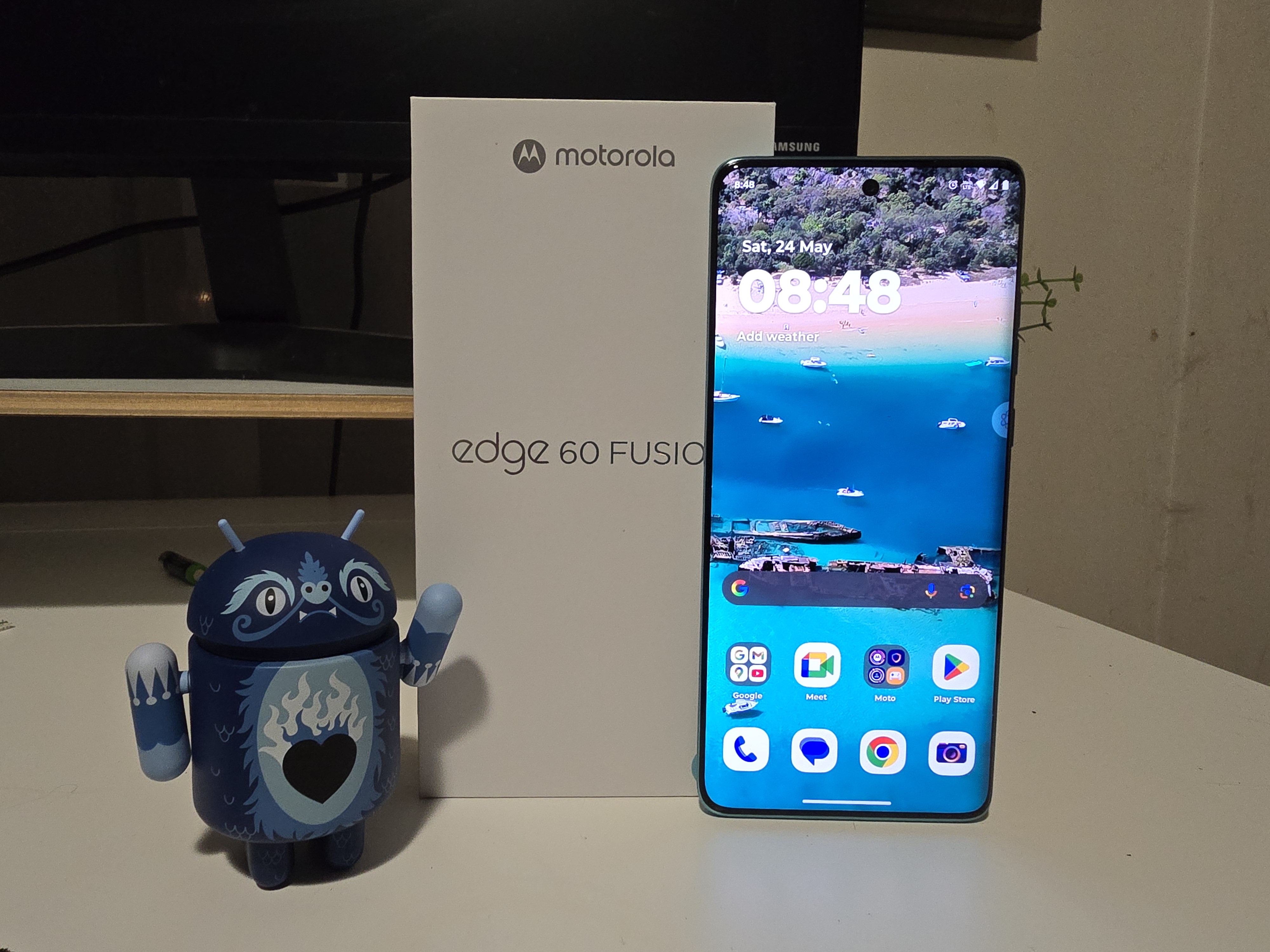Welcome to the November edition of our Beautiful Android series, in which we highlight some of the most beautiful and useful applications available for the Android platform. As you’ll see below, Android has truly come a long way since Google began its focus on design with Ice Cream Sandwich, and these days, it seems like more applications are making use of the Android Design Guidelines than not.
Below are five applications that we feel exemplify the three overarching goals of Android design – enchant me, simplify my life and make me amazing.
As always, you can see all the applications that we’ve reviewed on Beautiful Android by visiting our Playboard channel.
Trigger
Trigger, formerly known as NFC Task Launcher, performs defined actions when you scan NFC tags, but it also does much more than that. Not only can tasks be triggered by scanning NFC tags, but you can also configure tasks to run when a number of other triggers are detected such as when you connect or disconnect from a Bluetooth device or WiFi network, when the battery reaches a certain percentage, when you enter or exit a particular location, or at a certain time of the day. I’ve set NFC Task Launcher up to put an entry in my calendar when I connect to and disconnect from my work’s WiFi so that I can track my work hours, but the application itself gives examples such as turning off Bluetooth and automatic syncing when the battery is low, or silencing your phone when you get to work.
The developers have chosen a Holo Light theme for NFC Task Launcher, with some cues taken from Google’s cards without cloning them completely. It implements Google’s neat slide-out drawer to navigate around the application, and you can sign in with Google+ to backup and sync your tasks across devices. If you do want to play around with NFC tags, you can buy a number of different varieties from within the application itself, and they seem to be reasonably-priced.
[pb-app-box pname=’com.jwsoft.nfcactionlauncher’ name=’NFC Task Launcher’ theme=’light’ lang=’en’]
Device Storage Analyzer
If you’ve had your phone for a while, you’ll know that storage space just seems to disappear. Annoyingly, when you remove applications from your phone, they tend to leave their data on the SD card and you’d be surprised at how much space is taken up in this graveyard. Device Storage Analyzer scans your device’s internal storage and visualises what is taking up storage space. You can filter by filetype – video, music, images, docs and others; and the app will give you a breakdown of the largest files on your device, as well as the folders that contain the most data.
With all its colourful charts, Device Storage Analyzer is quite an impressive-looking application, and it is extremely helpful in identifying the storage hogs on your SD card so that you can free up some space.
[pb-app-box pname=’com.mobile_infographics_tools.mydrive’ name=’Device Storage Analyzer’ theme=’light’ lang=’en’]
Today
Today isn’t a full-fledged application, but rather a calendar widget for your home screen. While the standard Google calendar widget isn’t a complete eyesore, Today is much better. It uses the Roboto Condensed typeface that HTC and Google use for the homescreens on their devices, and the semi-transparent panelling fits perfectly with Kit Kat’s aesthetic. There are two separate widgets, an agenda view, and a monthly view that reduces down to a fortnightly view if you resize the widget.
In addition to being far better-looking than Google’s own widget, Today supports any calendar you have synced to your device – even Facebook or Outlook. There aren’t a lot of customisation options – you’re limited to controlling the transparency of the widget and an option for ‘alternate colour’, which is meant to optimise the widget for light backgrounds.
[pb-app-box pname=’com.underwood.agenda’ name=’Android App Today – Calendar Widgets on Playboard’ theme=’discover’ lang=’en’]
Facebook Messenger
We’ve spent a lot of time ragging on Facebook in the past for the horrible state of their Android application, and frankly, I feel this was rightly deserved. But credit where credit’s due – Facebook Messenger has always been pretty decent, and its recent update is fantastic. The UI has been completely overhauled to the point that Facebook Messenger is now one of the best-looking applications on my phone, and a fine example of the Android Design Guidelines.
Everything has been given a ‘flatter’ look, and Messenger now uses proper top and bottom action bars. You can swipe between the three pages of the application – your chat history, your contacts and a general settings pane. If you let it, Messenger will pull in your phone’s contacts as well as your Facebook contacts and matches their phone numbers to their Facebook profiles (if they’ve enabled that option) so that you can message people on Facebook even if you’re not their ‘friend’, as long as their number is in your phone.
Unfortunately, SMS integration has been removed from this version, and it doesn’t have a tablet-optimised layout, but it still looks pretty nice on a larger screen size anyway.
[pb-app-box pname=’com.facebook.orca’ name=’Android App Facebook Messenger on Playboard’ theme=’discover’ lang=’en’]
Aldiko
Aldiko has always been one of the better eBook readers, but it has also been a bit ugly, drawing inspiration from its iOS version and using its heavily skeuomorphic design. Recently, Aldiko has received a massive visual overhaul, and if you didn’t know better, you might even mistake it for Google’s Play Store.
Aldiko supports a wide range of file types, and will let you import eBooks and PDFs from your device’s storage as well as downloading them from the in-built book store, Feedbooks. It also supports Adobe’s DRM, which is used by a lot of e-Book sellers to protect their content. You can also add custom eBook catalogues if you’re not happy with the selection offered by Feedbooks.
You navigate the app using the slide-out navigation drawer element, and there are lateral-swiping panels within each section to divide content. Much like the Play Store, you can select books within specific categories as well as view featured books. While reading, you’re given a choice between a number of fonts as well as a light or dark theme to make it easier on your eyes if you’re not reading in the best lighting.
If you don’t like the Play Store for some reason, or just want to try something different, Aldiko is the next best thing. There is a free (ad-supported) and a paid version of the app.
[pb-app-box pname=’com.aldiko.android’ name=’Android App Aldiko Book Reader on Playboard’ theme=’discover’ lang=’en’]





